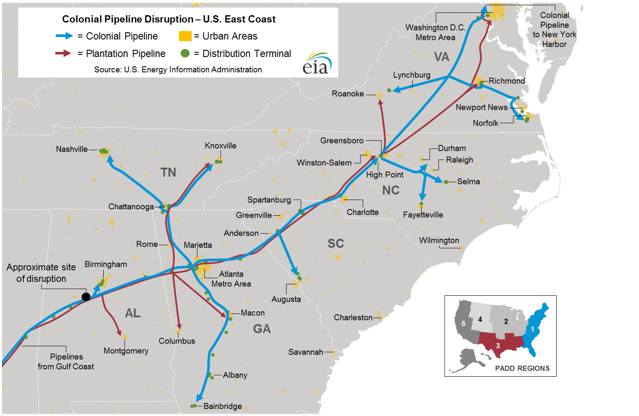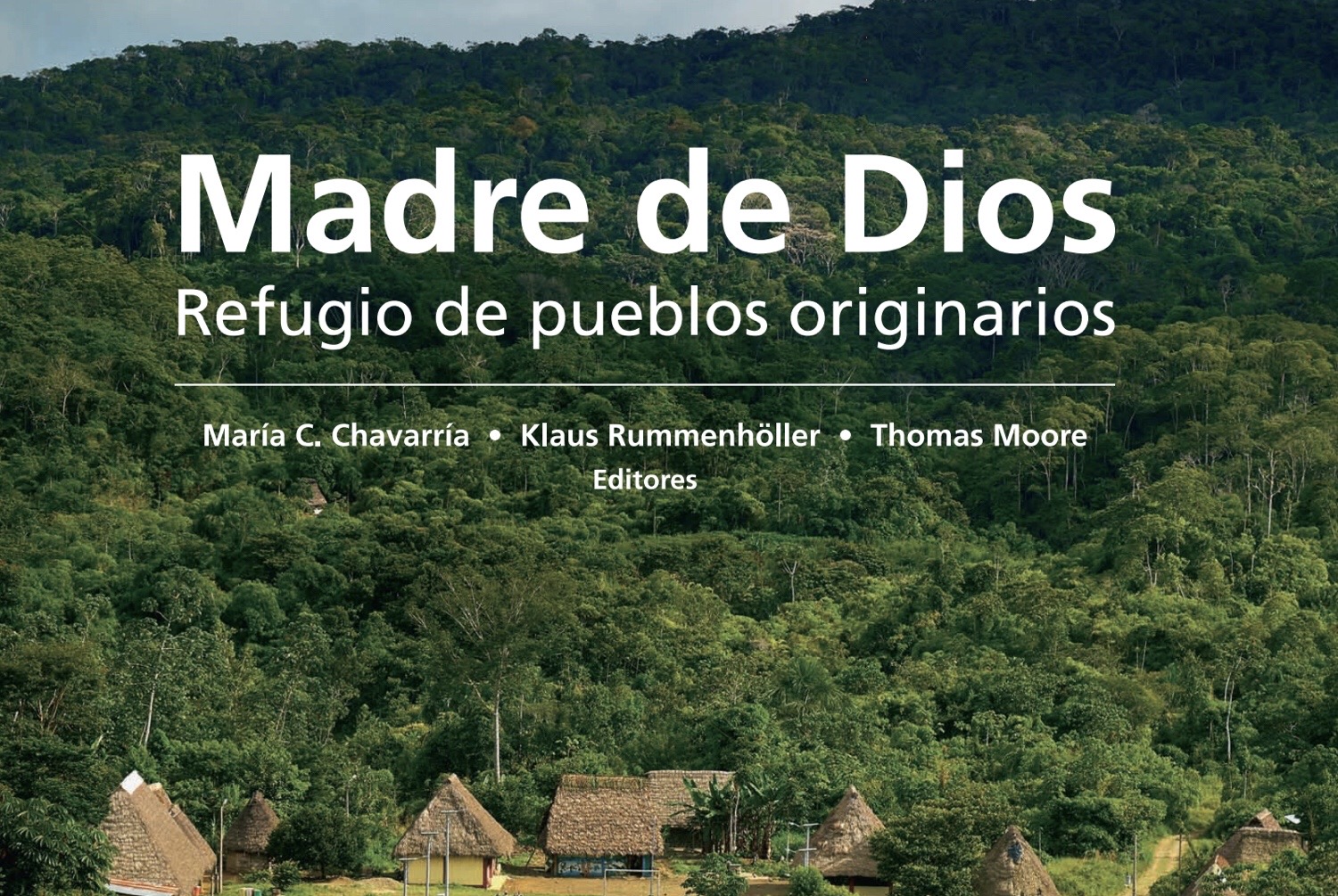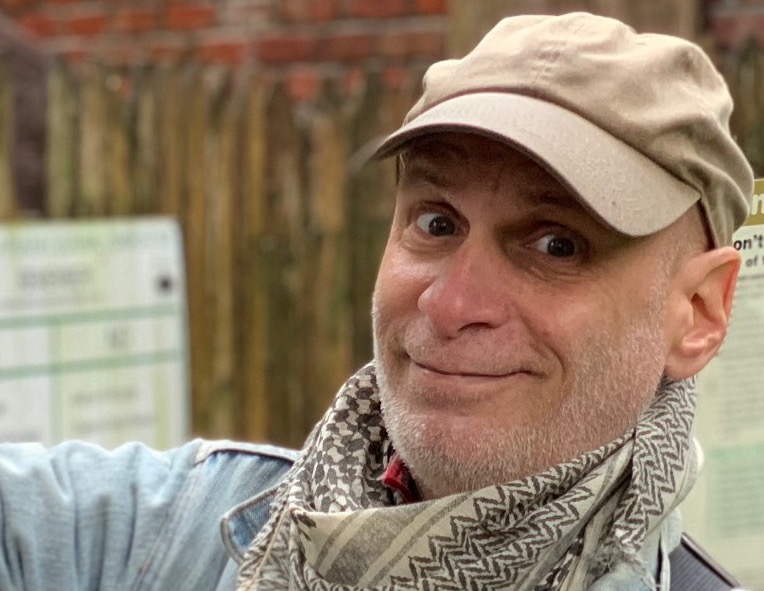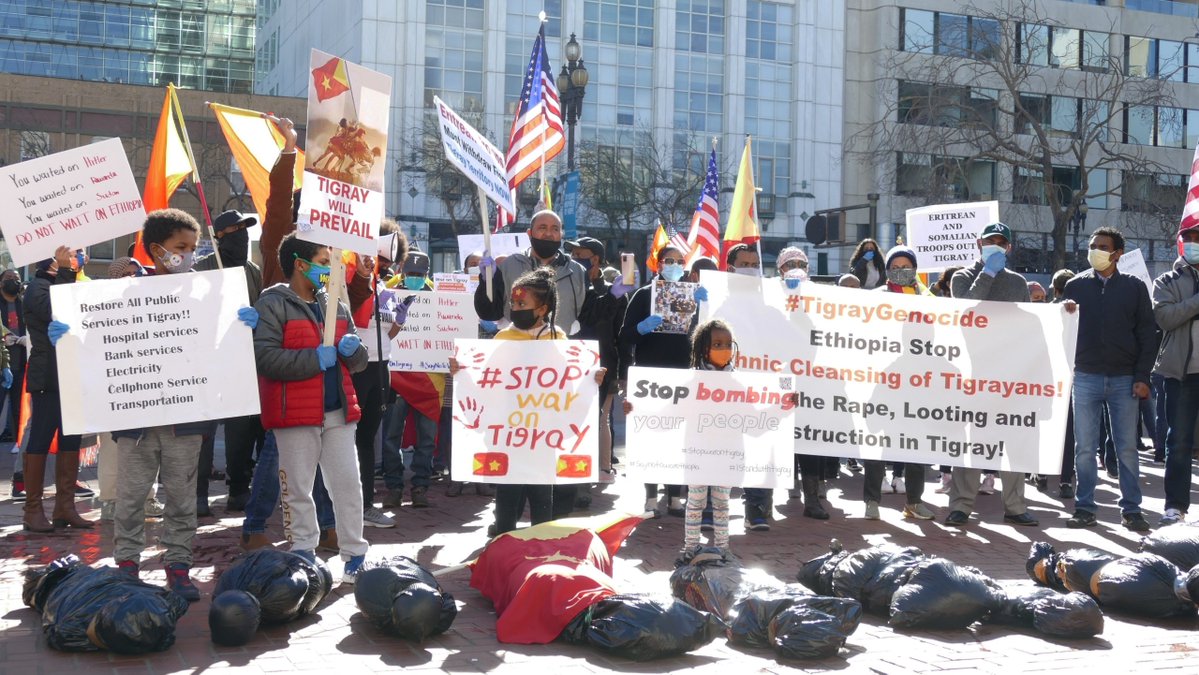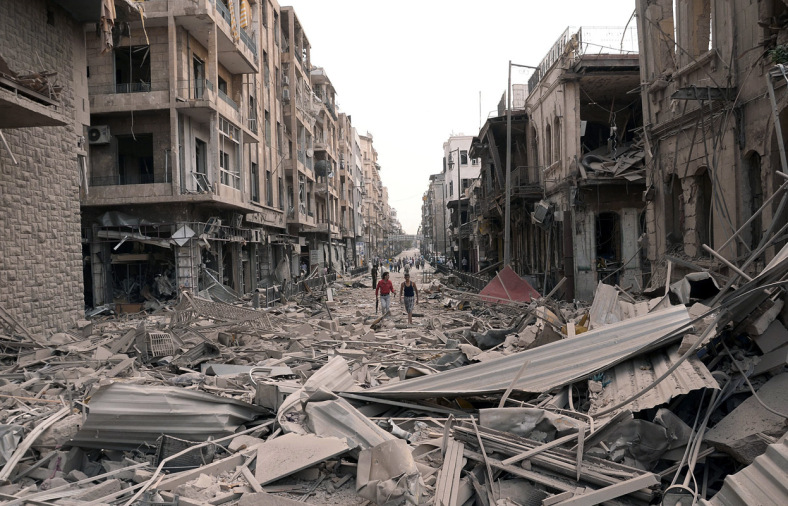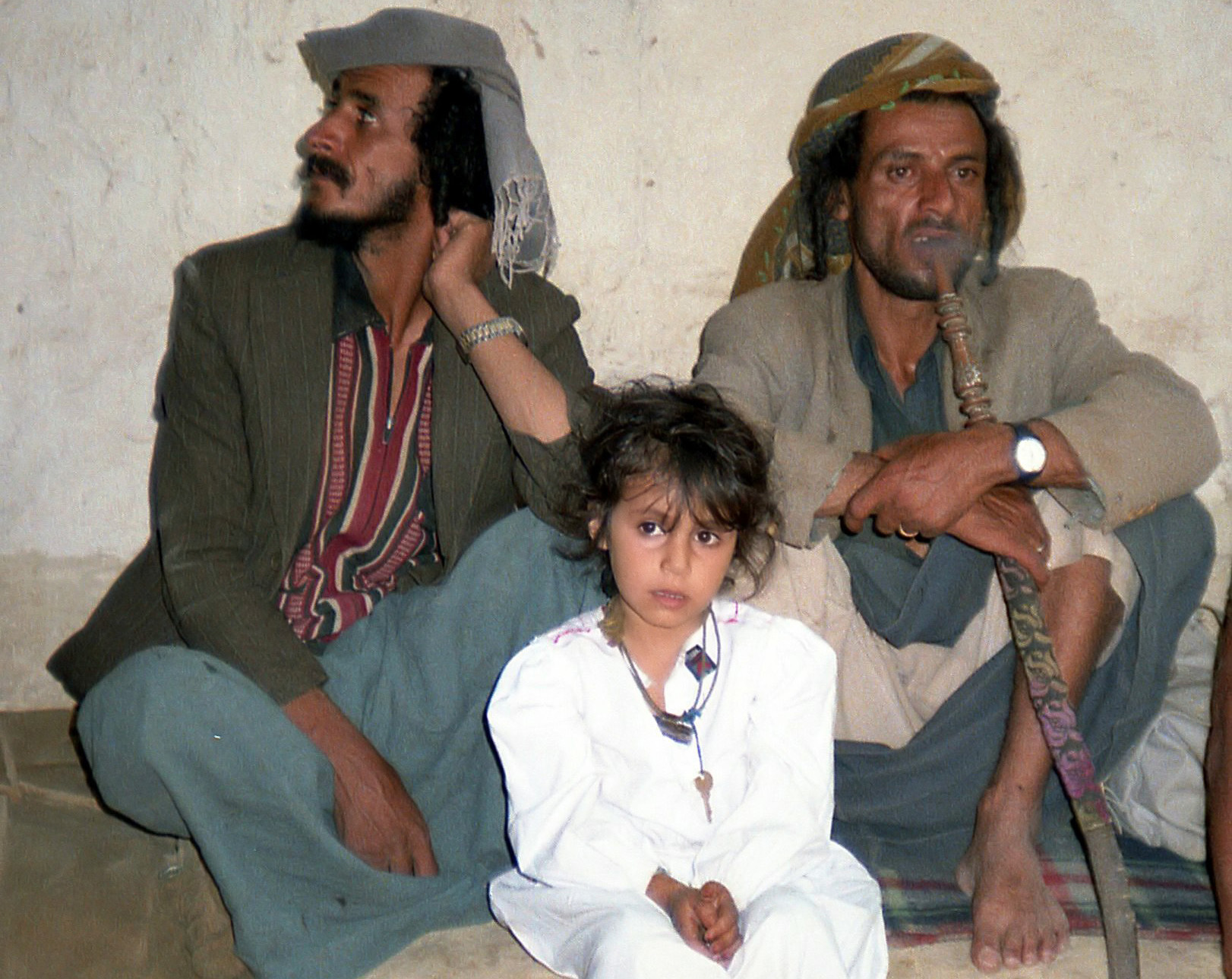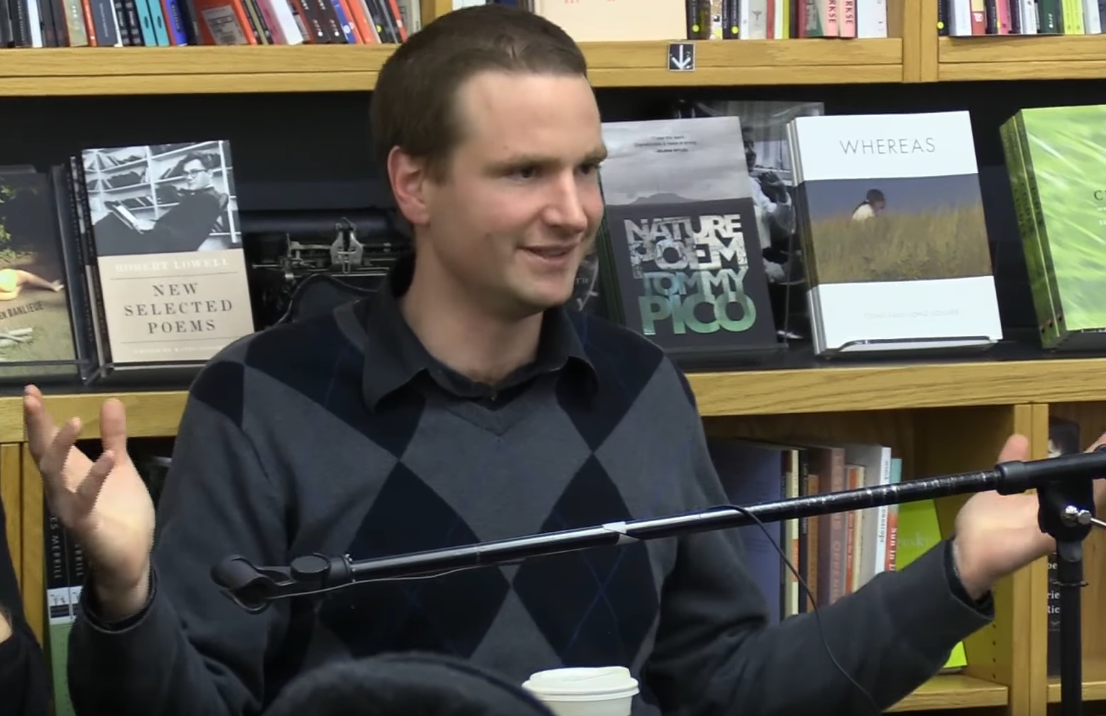
Podcast: George Orwell’s wartime dilemma
In Episode 76 of the CounterVortex podcast, Bill Weinberg discusses and critiques The Duty to Stand Aside: Nineteen Eighty-Four and the Wartime Quarrel of George Orwell and Alex Comfort by Eric Laursen. Orwell and Comfort were divided on the question of Allied bombardment of Germany in World War II—although they both united to support the free-speech rights of anarchist anti-war dissidents. With fascism and genocide again emerging on the world stage, their quarrell sheds light on the contemporary wars in Syria, Libya and elsewhere—and how progressives and especially anarchists in the West should respond. Listen on SoundCloud or via Patreon. (Photo: The Orwell Archive)



